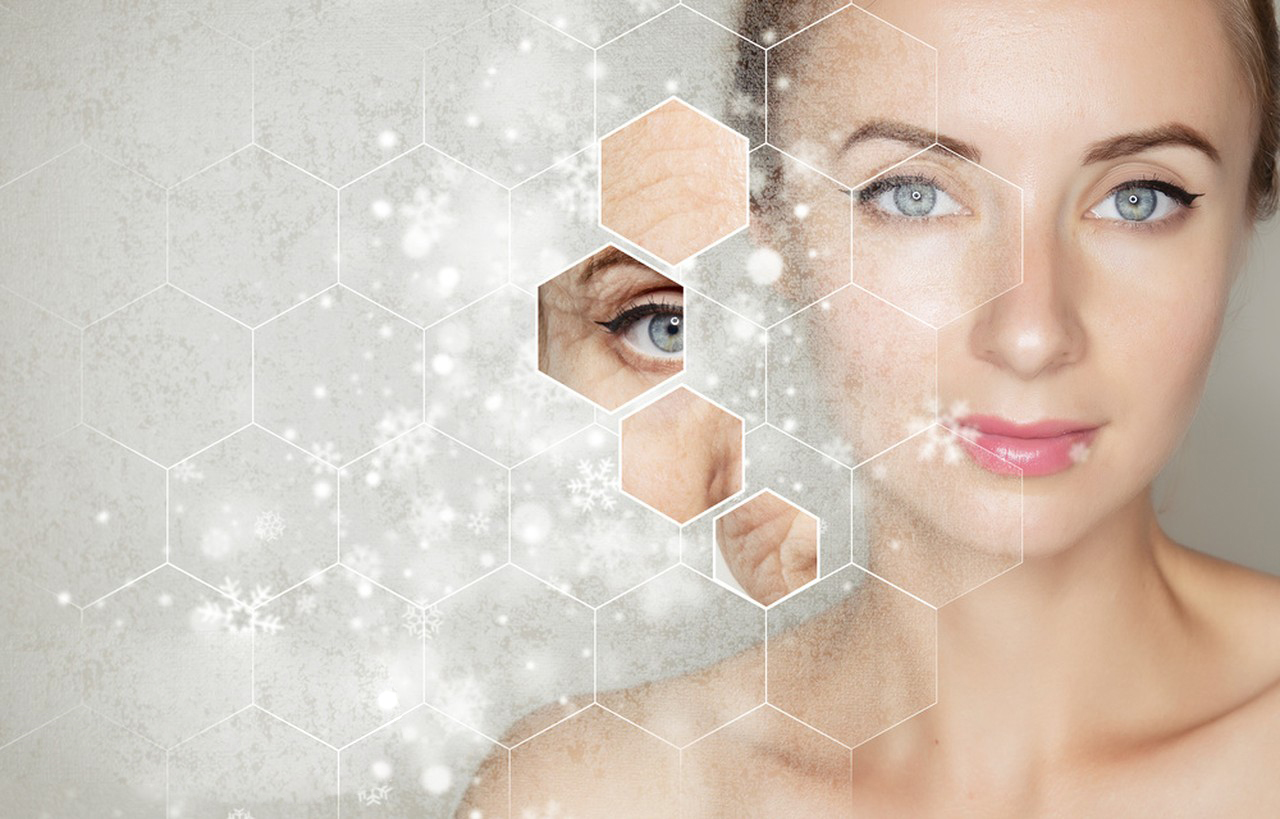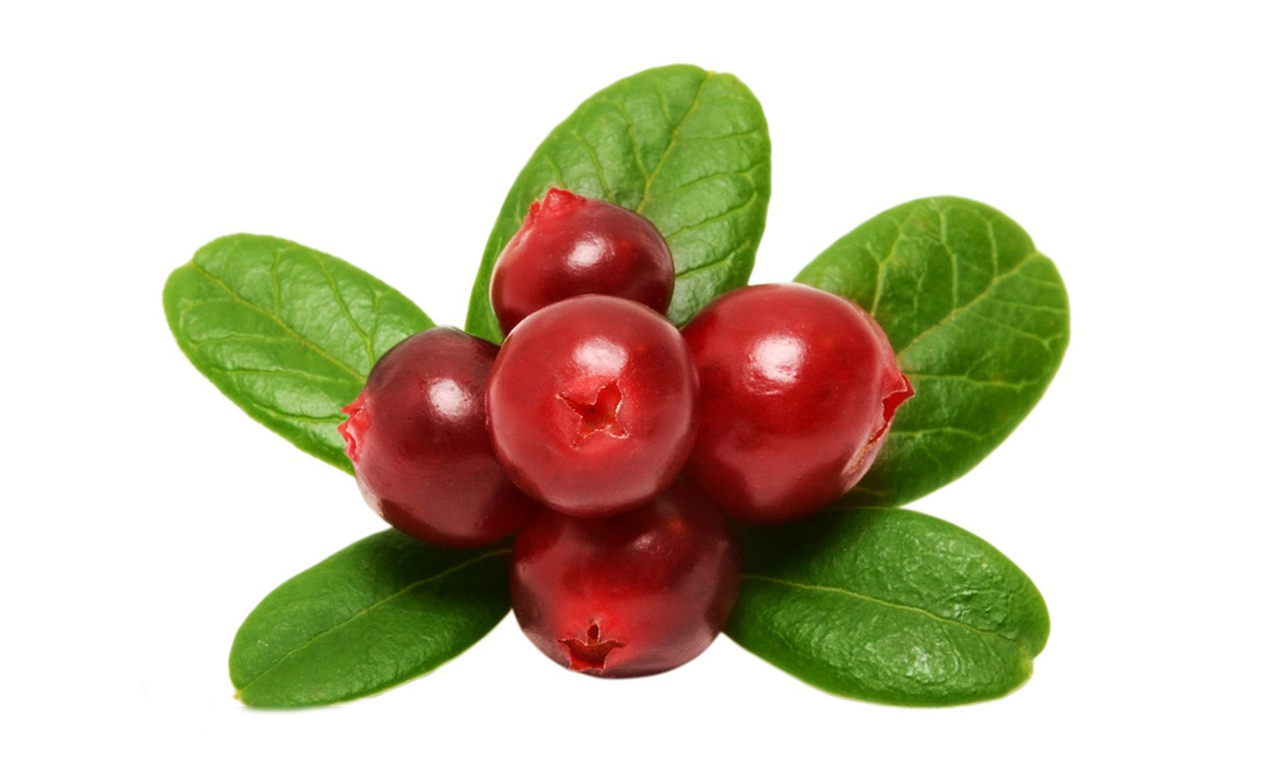As of my last update in September 2021, Beta Arbutin is a popular skincare ingredient known for its skin-brightening and antioxidant properties. It is a derivative of hydroquinone, but unlike hydroquinone, it is considered safer and less likely to cause skin irritation or sensitivity. Beta Arbutin is often used in various skincare products, including serums, creams, and lotions, to help fade dark spots, even out skin tone, and promote a more radiant complexion.

Here are some key points about Beta Arbutin:
Skin Brightening: Beta Arbutin works by inhibiting the activity of an enzyme called tyrosinase, which plays a crucial role in the production of melanin. Melanin is the pigment responsible for giving color to our skin. By inhibiting tyrosinase, Beta Arbutin can help reduce the production of melanin, which leads to a brighter and more even skin tone.
Hyperpigmentation: One of the primary uses of Beta Arbutin is to address hyperpigmentation concerns, such as dark spots, age spots, and melasma. Regular use of Beta Arbutin in skincare products can help fade these pigmented areas over time.
Antioxidant Properties: Beta Arbutin also possesses antioxidant properties, which can help protect the skin from free radical damage caused by UV rays, pollution, and other environmental stressors. By neutralizing free radicals, Beta Arbutin can contribute to overall skin health and delay the signs of aging.
Stability: Unlike some other skin-brightening ingredients, Beta Arbutin is relatively stable and less prone to oxidation. This makes it suitable for use in various skincare formulations.
Skin Safety: Beta Arbutin is generally considered safe for topical use, even on sensitive skin. It is often preferred over hydroquinone due to its lower risk of side effects, such as skin irritation or increased sensitivity to sunlight.
Complementary Ingredients: Beta Arbutin is often combined with other skin-brightening agents like Vitamin C, niacinamide, and licorice extract to enhance its effectiveness in treating hyperpigmentation and achieving a more even skin tone.
As with any skincare ingredient, it’s essential to use Beta Arbutin as directed and perform a patch test before applying it to a larger area of your skin, especially if you have sensitive skin or a history of allergies. Additionally, it’s always a good idea to consult with a dermatologist or skincare professional before incorporating any new skincare product into your routine, especially if you have specific skin concerns or conditions.

Keep in mind that new research and developments may have occurred since my last update in September 2021, so it’s always a good idea to check for the latest information and studies on Beta Arbutin.
